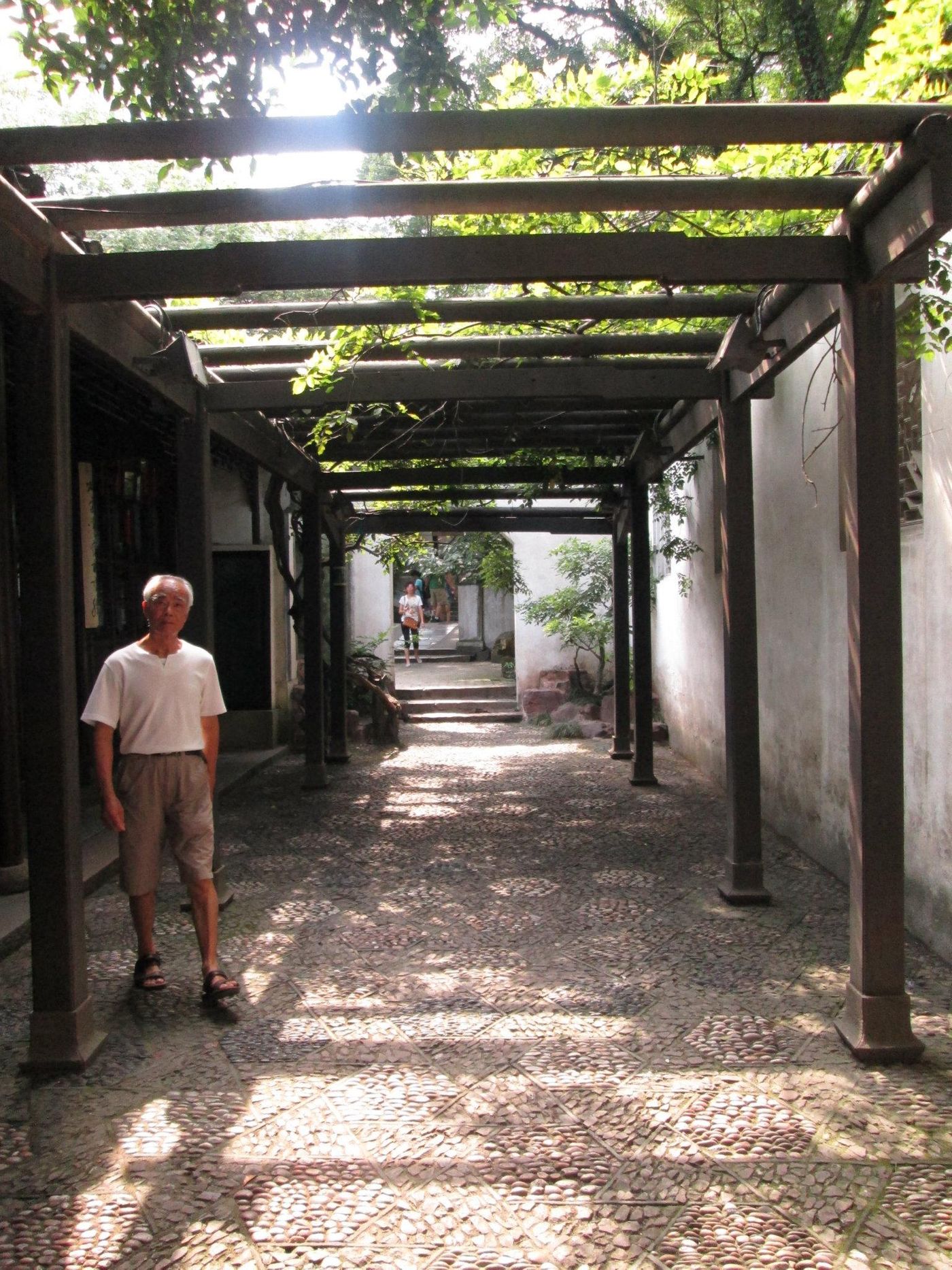On Reading
Reading
A written word is the choicest of relics. It is something at once more intimate with us and more universal than an other work or art. It is the work of art nearest to life itself. It may be translated into every language, and not only be read but actually breathed from all human lips; --not be represented on canvas or in marble only, but be carved out of the breath of life itself.
Words are seen as relics by Alexander too, for he carried the Iliad with him on his expeditions in a precious casket. Ergo, Alexander believes that Iliad ( Homer? Achilles?) will protect him.
Words needs to be breathed from all human lips, not only read. Ditto that.
Books are the treasured wealth of the world and for inheritance of generations and nations. Books, the oldest and best, stand naturally and rightfully on the shelves of every cottage.
Maybe not anymore. For space, especially the space in the ever expanding city, is becoming more and more scarce and hence expensive. Electronic records are easier to keep, at the same time easier to alter and dissipate. Blockchain technology might be a way out. The major challenge would be the ability to judge and choose what are the best works hence worth preserving.
Every generation laughs at the old fashions, but follows religiously the new.
On a side note, I went back to my alma mater last week and found out that the central library has a "face lift". Books, especially the old ones, had become a mere decoration.
“都是假書。” Laoshi said. I didn't believe him. After lunch, I headed to the library to take a closer look. Indeed, the "face" of the library is appealing, the books displayed on shelves are old and impressive, but it seems to me that the display serves to impress onlookers . The display suggests that it is not meant to be read, let alone breathed from.
"There was a naming competition just not long ago, I wanted to name it WTH." I had a hearty laugh when he finished his lines. We parted our ways after this.
Those who have not learned to read the ancient classics in the language in which they were written must have a very imperfect knowledge of the history of human race, for it is remarkable that no transcript of them has ever been made into any modern tongue, unless our civilization itself may be regarded as such a transcript.
We should learn to read in ancient language in order to get the full or better understanding of the history of human race.
Is this why Laoshi wanted us to read The Analects (論語,而且一定要是白文 ) first? Well, spending two years of reading it really laid a good foundation for me, albeit still not enough lah.
Some reflection
I can understand why Thoreau seems so appealing to Laoshi when he was young. He is witty, straight to the points and he has a good sense of humor. Most importantly, he is sharp and curious. And he love nature too, ha!
What is "Reading" to him? Interestingly, he analyze (or interpret) words in terms of sound, and how word serves as relics, and its significance to individual as well as human race.
I am amazed by the knowledge he accumulated and the insights he shared.
According to him, we should learn to read in ancient language in order to get the full/ better understanding of the history of human race. When he wrote this, the world had already been preoccupied with news, unimportant one to be precise.
I wonder how would he live if he could live in this cybernetic era, an era whence all of us are not only dependent on mega-machine, but also being fed with unimportant scraps of information, tamed with promises, befuddled by alternate truths, distracted by snippets of irrelevant lives as well as anxiety-inducing advertisements...
We will be the traveler/ on looker of our own lives, eventually. Sontag once said.

喜欢我的作品吗?别忘了给予支持与赞赏,让我知道在创作的路上有你陪伴,一起延续这份热忱!

